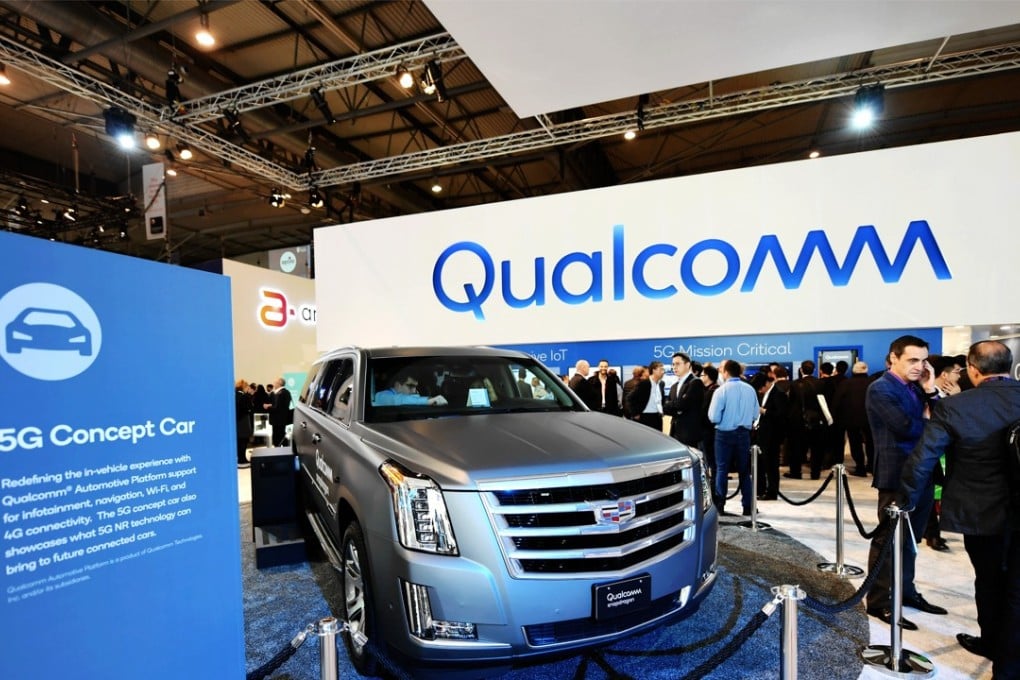Chinese deals in US to keep flowing despite Donald Trump’s halting of Broadcom’s bid for Qualcomm
The US objection to Broadcom's attempted takeover of Qualcomm put a cloud over potential Chinese asset purchases in America but was not expected to be the death knell

US President Donald Trump's shut down of Broadcom Limited's attempted takeover of chip maker Qualcomm Inc puts a cloud over potential deals for US assets by foreign companies with Chinese connections. But it will not be their death knell.
Trump blocks Broadcom's US$117 billion takeover of Qualcomm
Even as highly publicised deals such as the bid for Qualcomm by Singapore-based Broadcom, a chip maker for Apple and Chinese electronics manufacturers, run into trouble, asset purchases by Chinese buyers are still going through – and mostly out of the public eye, Wall Street deal makers said.
The successful acquisition of closely held US firms by private Chinese companies in quiet, largely undisclosed transactions indicates that extreme pessimism is unwarranted, according to the deal makers.

Amid tension between the US and China in trade and competition in technology, “what is sometimes lost is that Chinese deals continue to be successfully reviewed by CFIUS,” said Chris Griner, chair of the CFIUS practice at law firm Stroock & Stroock & Lavan LLP.
CFIUS, the Committee on Foreign Investment in the United States, is the inter-agency committee under the Treasury Department that reviews deals for national security risks by a foreign acquirer aiming to take control of a US business.
US steel, aluminium tariffs may backfire, giving China upper hand
For instance, the US committee cleared Beijing-based Naura Microelectronics Equipment Co in January to buy US semiconductor manufacturing equipment maker Akrion Systems LLC.